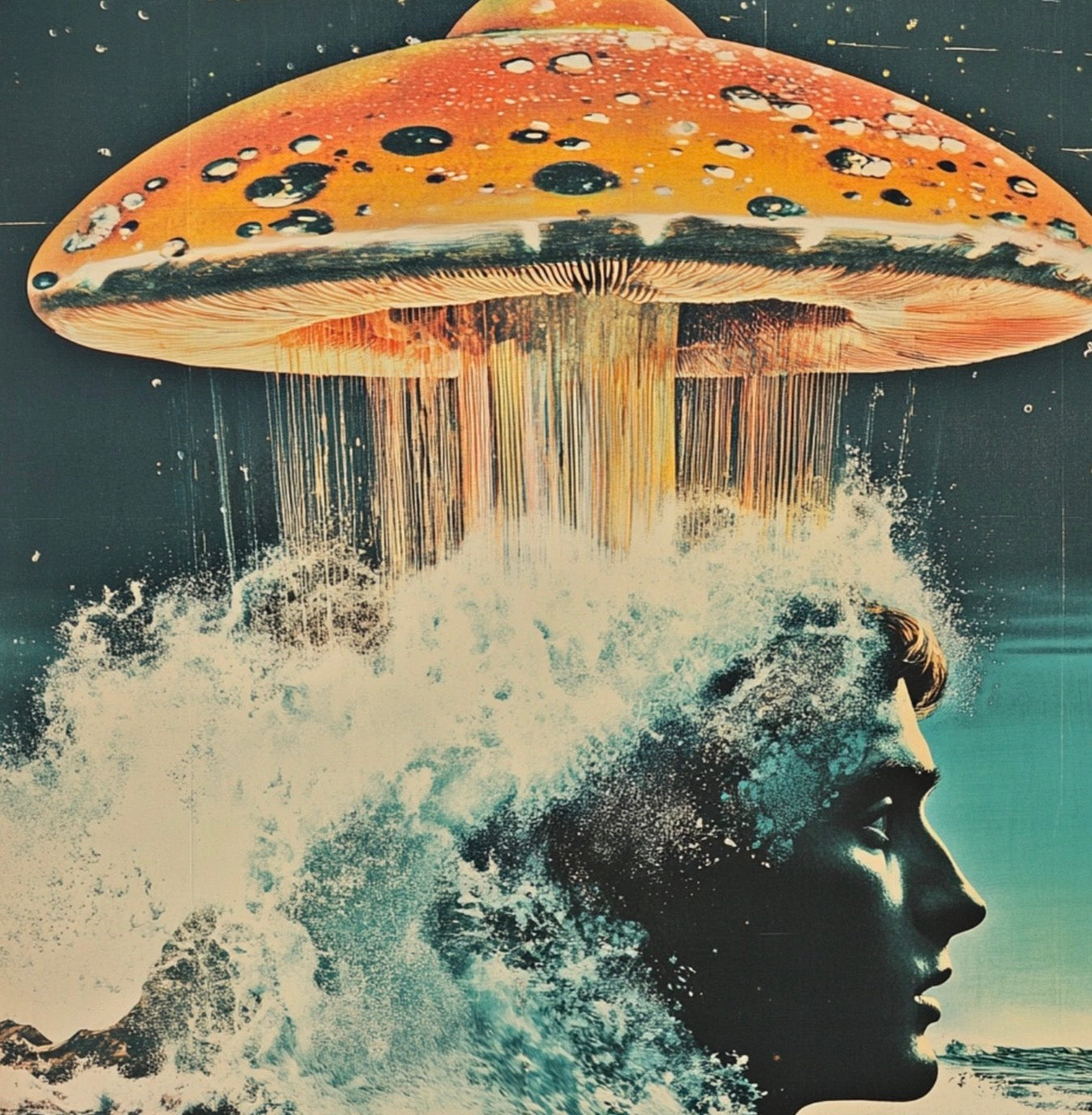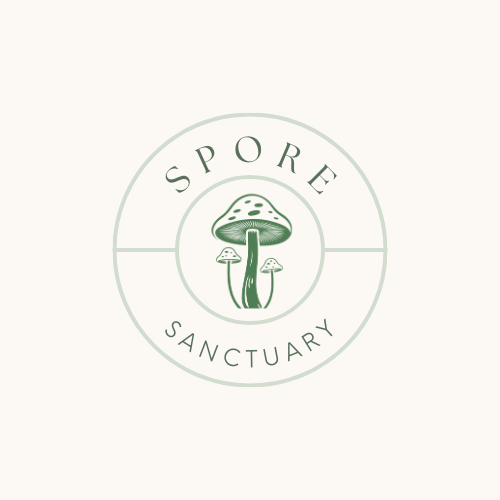Table of content
The Drug Enforcement Administration (DEA) in the United States is supporting research into the potential benefits of psilocybin, particularly in the context of mental health and substance use disorders. Here are the key benefits being explored:
Mental Health Treatment
- Depression: Recent studies have shown that psilocybin-assisted psychotherapy can rapidly reduce symptoms of depression, with benefits lasting for up to 6 weeks. A 2023 study concluded that single-dose psilocybin-assisted psychotherapy led to significant reductions in depression symptoms within 8 days .
- Anxiety and Existential Distress: Research has been conducted on psilocybin's effectiveness in treating anxiety, existential distress, and depression in individuals with life-threatening illnesses like advanced cancer. A 2020 analysis found that psilocybin combined with psychotherapy may improve these conditions and quality of life .
- Addiction: There's growing interest in psilocybin's potential to treat addiction. A 2022 study suggested that psilocybin might be helpful for alcohol use disorder, reducing heavy drinking days over a 32-week period .
Research Support
The DEA has taken several steps to facilitate research into psilocybin:
- DEA License for Growing Psilocybin Mushrooms: Ohio State University, in collaboration with Inner State Inc., was awarded the first-ever DEA license to an American university to grow whole psilocybin mushrooms for research purposes. This allows for the study of the mushrooms' chemical diversity and potential therapeutic benefits .
- Increased Production Quotas: The DEA has significantly increased the aggregate production quota for psilocybin in 2024 to 20,000 grams, up from an initially proposed 15,000 grams, indicating a heightened interest in the substance's medical potential .
- Streamlined Application Process: To support research, the DEA streamlined its application process for researchers studying Schedule I drugs, including psilocybin. This includes an online portal for application submissions .
- Support for Clinical Trials: The DEA supports clinical trials investigating psilocybin's potential to treat various mental health issues, acknowledging the growing evidence of its benefits .
related products
FDA's Role
The U.S. Food and Drug Administration (FDA) has also engaged in this research:
- Breakthrough Therapy Designation: The FDA granted "breakthrough therapy" designation to psilocybin-assisted psychotherapy for major depressive disorder in 2019 and treatment-resistant depression in 2018, recognizing its potential to significantly improve these conditions over existing treatments .
- Clinical Trial Guidance: The FDA issued draft guidance for researchers investigating psychedelic substances, including psilocybin, as potential treatments for medical conditions like anxiety, depression, and substance use disorders .
Conclusion
The DEA's research into psilocybin focuses on its potential benefits for mental health and addiction treatment. This research is supported by increased production quotas, streamlined application processes for researchers, and FDA guidance that acknowledges the therapeutic promise of psilocybin. As research continues, the legal and regulatory landscape for psilocybin and related substances may evolve, potentially leading to broader acceptance and legalization for medical purposes.
Frequently Asked Questions about Psilocybin
What is Psilocybin?
Psilocybin is a psychedelic compound found in certain types of mushrooms, commonly known as magic mushrooms. It affects serotonin receptors in the brain and can induce various psychological effects.
Is Psilocybin Legal?
Psilocybin is classified as a Schedule I controlled substance in the United States, making it illegal at the federal level. However, some states and localities have decriminalized or legalized its use for specific purposes.
What are the Potential Benefits of Psilocybin?
Research suggests psilocybin can assist in treating mental health conditions like depression, anxiety, PTSD, and substance abuse disorders, especially when used in therapeutic settings.
What are the Risks Associated with Psilocybin?
Potential risks include nausea, headaches, and emotional distress. It may exacerbate underlying mental health issues for some individuals, particularly those predisposed to psychosis.
How is Psilocybin Administered?
Psilocybin can be consumed by eating fresh or dried mushrooms, taking capsules, or as a tea. In research settings, it is often administered in controlled doses.
Can Psilocybin Cause Addiction?
Current research indicates that psilocybin does not have a high potential for addiction. Many users do not develop patterns of abuse.
Is Microdosing Psilocybin Effective?
While some individuals report benefits from microdosing, scientific evidence on its effectiveness and safety is still inconclusive.






Share and get 15% off!
Simply share this product on one of the following social networks and you will unlock 15% off!